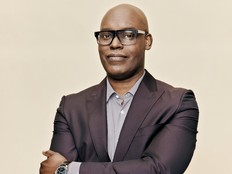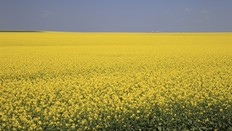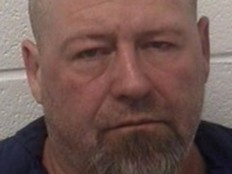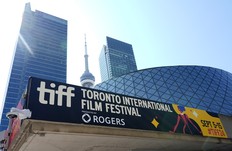How Francis, second-oldest pope in modern history, compared with others

Article content
Pope Francis, at 88, was the second-oldest pontiff in modern history after Pope Leo XIII, who died in 1903 at the age of 93.
Born in Buenos Aires on Dec. 17, 1936, Jorge Mario Bergoglio, was elected pope in 2013 when he was 76 years old.
Francis’s pontificate extended for 12 years. Pontiffs have not always begun their papacies so late in life.
Both Francis and his predecessor, Benedict XVI, were in their late 70s when elected. John Paul II was 58 when he was elected pope in 1978. The youngest in the past 600 years was Leo X, who was just 38 when elected in 1513. Since 1900, 67 is the average age of popes when they are elected, and 78 the average age at the end of their papacy.
Francis suffered from weakening health and increasing mobility limitations for years. The pope was admitted to Rome’s Agostino Gemelli Polyclinic Hospital with a respiratory tract infection on Feb. 14. A few days after, the Vatican disclosed that the pope had double pneumonia. This was his fourth hospitalization since he was elected in 2013.
Francis confirmed in 2022 to the Spanish newspaper ABC that, shortly after being elected pontiff in 2013, he wrote a resignation letter in case medical problems impeded him from carrying out his duties: “I signed it and told them: ‘In case of inability due to medical issues or whatever, here is my resignation.'”
RECOMMENDED VIDEO
Benedict was 78 years old when he started his papacy and the oldest pope to be elected since 1730. In 2013, he shocked the world with his resignation after less than eight years. Citing ill health, he said, “I have come to the certainty that my strengths, due to an advanced age, are no longer suited to an adequate exercise of the Petrine ministry,” a reference to Saint Peter, the first pope. At 85, Benedict was the first to resign the papacy since 1406.
“There is no limitation [of age] by protocol or by any type of explicit law,” said Andrés Beltramo, a senior Vatican watcher. “We only have to consider that, by tradition, popes are chosen from among the cardinal electors and the cardinal electors, according to a document by Pope Paul VI, are cardinals under 80 years of age.”
The pope’s death sets in motion a precisely choreographed transition. The coming days and weeks will involve a public viewing, a funeral, a period of mourning and, eventually, a conclave to select a new pope and determine the direction of the church.











Postmedia is committed to maintaining a lively but civil forum for discussion. Please keep comments relevant and respectful. Comments may take up to an hour to appear on the site. You will receive an email if there is a reply to your comment, an update to a thread you follow or if a user you follow comments. Visit our Community Guidelines for more information.